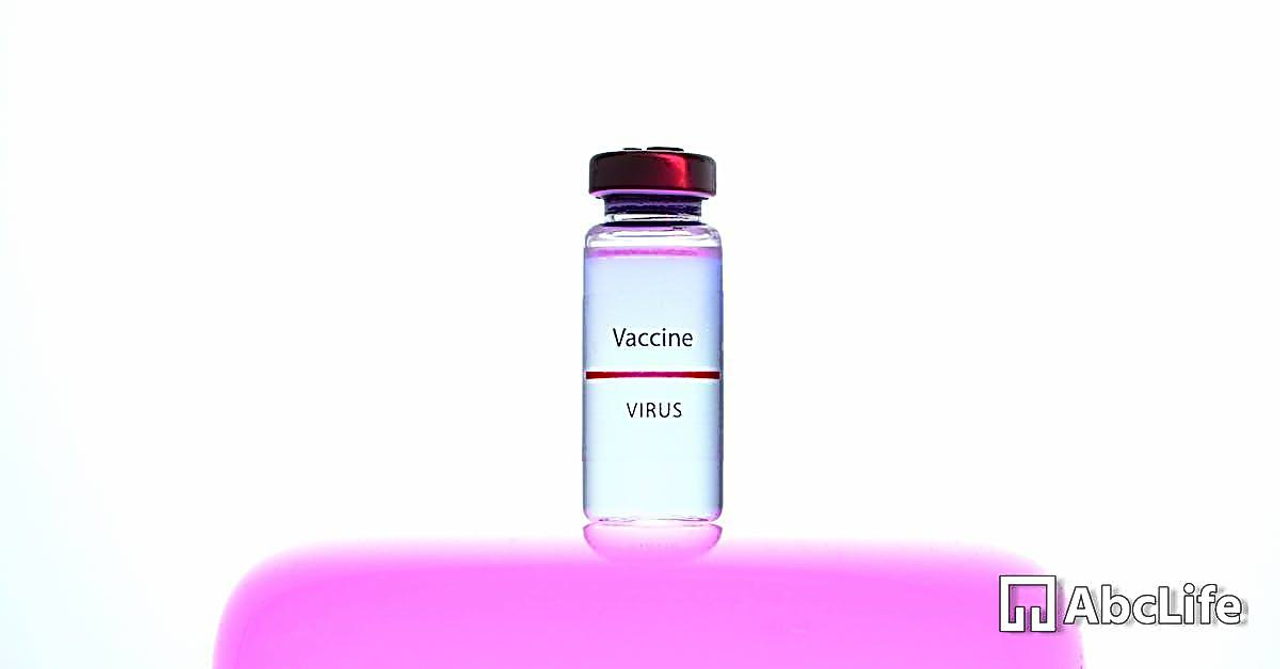Overview: 5 Crucial Nutrients for Good Health and Wellness
A healthy diet is essential for overall well-being. We must ensure that we are getting the necessary vitamins and minerals in addition to consuming a balanced mix of proteins, carbohydrates, and fats. This article will go over the five essential nutrients that are necessary for good health and wellness. These nutrients are essential for maintaining healthy body functions, improving cognitive abilities, and preventing diseases like cancer, heart disease, and osteoporosis. Understanding the advantages of these nutrients can assist us in prioritizing our diets and making healthy decisions for our bodies.
The Importance of Proper Nutrition

Proper nutrition is essential for overall health and wellness. Our food provides us with the essential nutrients our bodies require to function properly. Carbohydrates, proteins, fats, vitamins, and minerals are examples of nutrients. Each of these nutrients serves a specific purpose, and when consumed in adequate amounts, they can aid in the prevention of chronic diseases, the maintenance of a healthy weight, and the improvement of overall well-being.
Malnutrition, obesity, and chronic diseases such as heart disease, diabetes, and cancer can all result from a diet deficient in essential nutrients. Consuming a diverse range of foods from all food groups is the key to obtaining the nutrients required for optimal health. Eating a well-balanced diet rich in fruits, vegetables, whole grains, lean proteins, and healthy fats can help ensure that your body receives all of the essential nutrients it requires.
To summarize, proper nutrition is critical for achieving and maintaining optimal health and wellness. Consuming a variety of nutrient-dense foods from all food groups can aid in the prevention of chronic diseases, the maintenance of a healthy weight, and the improvement of overall well-being. To ensure that you are getting the necessary nutrients for optimal health, it is critical to make healthy food choices and practice moderation.
Vitamin C: The Immunity Booster

Vitamin C, also known as ascorbic acid, is an essential nutrient that the human body cannot produce. Many fruits and vegetables contain this water-soluble vitamin, including oranges, strawberries, kiwi, peppers, broccoli, and tomatoes.
Vitamin C is essential for maintaining a healthy immune system. It increases the production of white blood cells, which aid in the fight against infections and diseases. It also functions as an antioxidant, shielding the body from potentially harmful free radicals that can damage cells and lead to chronic illnesses.
Vitamin C is essential for healthy skin, wound healing, and iron absorption from plant-based sources, in addition to its immune-boosting properties. It also helps to produce collagen, a protein that keeps our skin firm and elastic.
Recommended Daily Intake
Adults should consume 75-90 milligrams of vitamin C per day. However, our bodies may require more vitamin C to function properly during times of illness or stress. To ensure adequate intake of this important nutrient, it is critical to consume a variety of fruits and vegetables.
Vitamin C can also be taken as a supplement, but it's important to consult with your doctor before beginning any new supplement regimen. High vitamin C doses can cause digestive upset and may interact with certain medications.
Vitamin D: The Sunshine Vitamin
Vitamin D is widely regarded as one of the most important nutrients for overall health and well-being. It is best known for its role in bone and tooth health, but it also helps with immune function, mood regulation, and overall health. Vitamin D, unlike other vitamins, can be synthesized by the body through exposure to sunlight.
Despite the fact that our bodies are capable of producing Vitamin D, many people do not get enough of this vital nutrient. Living in areas with little sunlight, using excessive sunscreen, and eating a vegan or vegetarian diet can all increase the risk of Vitamin D deficiency. To ensure adequate intake, include vitamin D-rich foods such as fatty fish, mushrooms, and fortified dairy products in your diet or consider taking supplements.
Omega-3 Fatty Acids for Heart Health
Omega-3 fatty acids are necessary for good heart health and wellness. These fatty acids are polyunsaturated fats that the human body cannot produce but can obtain through diet or supplementation. They play an important role in maintaining healthy heart function by reducing inflammation in the body.
Consuming omega-3 fatty acid-rich foods, such as fatty fish (salmon, tuna, mackerel), flaxseed, chia seeds, and walnuts, has been shown in studies to reduce the risk of heart disease, stroke, and sudden cardiac death. These fatty acids reduce blood pressure, triglyceride levels, and the progression of atherosclerosis, a condition characterized by artery hardening and narrowing.
In addition to heart health benefits, omega-3 fatty acids have been shown to improve brain health, joint mobility, and skin and hair health. Consume at least two servings of fatty fish per week or supplement with omega-3 capsules to ensure optimal heart health and overall wellness.
Iron: Essential for Blood Health
Iron is essential for maintaining good health. It is a mineral that the body needs to produce hemoglobin, a protein that transports oxygen from the lungs to all parts of the body. Without enough iron, the body cannot produce enough hemoglobin, resulting in anemia. Anemia is a condition in which the body lacks sufficient red blood cells to supply oxygen to the tissues, resulting in fatigue, weakness, and dizziness.
Iron is especially important for women because they lose a lot of it during menstruation. Pregnant women need more iron to support their growing fetus and avoid premature birth. Red meat, poultry, seafood, beans, lentils, spinach, and fortified cereals are all high in iron. However, obtaining enough iron through diet alone can be difficult, especially for vegetarian or vegan diets.
To summarize, iron is an essential nutrient required for optimal health and wellness. To prevent anemia and improve overall health, it is critical to consume enough iron-rich foods or take iron supplements.
Calcium: The Key to Strong Bones
Calcium is an essential nutrient for good health and wellness. It is necessary for the development of strong bones, teeth, and muscles. Because our bodies cannot produce calcium on their own, we must obtain it through our diet or supplements.
Calcium is essential for the development and maintenance of healthy bones throughout our lives. Without enough calcium, bones can become weak and brittle, increasing the risk of fractures and osteoporosis. It is also important for nerve transmission, muscle function, and blood clotting.
Dairy products such as milk, cheese, and yogurt, as well as leafy green vegetables, nuts, and fish, are excellent calcium sources. However, consuming the recommended daily calcium intake through diet alone can be difficult, especially for those on a vegan or lactose-free diet. Calcium supplements can be taken in such cases to maintain the required levels.
To summarize, calcium is a critical nutrient for maintaining optimal health and wellness. Getting enough calcium in your diet or taking calcium supplements can help you build and maintain strong bones, teeth, muscles, and overall health.
How to Include Vital Nutrients in Your Diet
It is critical to incorporate essential nutrients into your daily diet for optimal health and wellness. The following are some suggestions for ensuring that your meals are packed with essential nutrients that your body requires:
Include fruits and vegetables in your diet
Fruits and vegetables are high in essential nutrients like vitamins, minerals, and fiber. At least two servings of fruits and vegetables should be included in each meal. Include a range of colors because different colors represent different types of nutrients.
Choose lean proteins
Lean proteins such as chicken, turkey, fish, beans, nuts, and seeds are excellent sources of protein, iron, and omega-3 fatty acids. Choose grilled or baked over deep-fried or heavily processed options.
Include whole grains in your diet
Whole grains, such as brown rice, quinoa, whole wheat bread, and oats, are excellent sources of fiber, vitamins, and minerals. Replace processed grains like white bread and pasta with whole-grain alternatives.
Choose healthy fats
Avocados, nuts, seeds, olive oil, and fatty fish are excellent sources of essential nutrients such as omega-3 fatty acids. Limit saturated fats and avoid trans fats found in fatty meats and dairy products.
Stay hydrated
Water is necessary for good health and wellness because it helps regulate body temperature, transport nutrients, and eliminate waste. Drink at least 8 glasses of water per day. For flavor, try adding lemon, cucumber, or other fruits to your water.
You can promote optimal health and wellness by following these tips and incorporating essential nutrients into your diet. Before making any major dietary changes, always consult with a healthcare professional.











